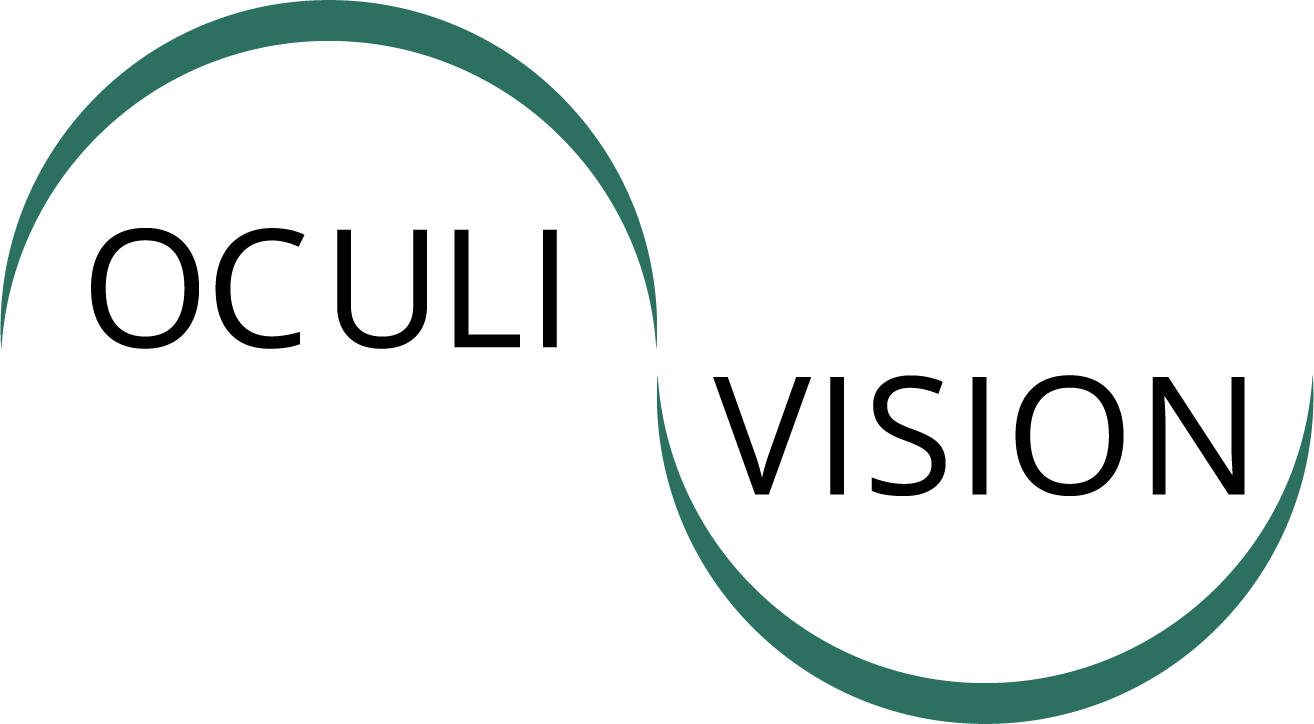A concussion is a specific type of head injury often caused by a sharp jolt, bump, or blow to the head. It may also occur if someone falls and jars the brain, forcing it to collide with the skull. A concussion may affect one’s ability to think rationally, act normally, and even feel like themselves. The symptoms of a concussion can range from fairly mild to severe, depending on the degree of head injury in question.
In the event of this type of injury, the eyes are some of the most commonly affected organs. Many people frequently experience issues or notice that their eyes are not functioning properly after a concussion. The following are some common eye symptoms that can arise after a concussion.
1. Eye Pain (Ophthalmalgia)
Eye pain occurs when the muscles around the eyes tighten and remain contracted for long periods of time. Such pain can also be caused by light exposure, inflammation, or allergic reactions. While not immediately life threatening, severe eye pain can become debilitating and severely affect one’s quality of life.
2. Double Vision (Diplopia)
In order to function properly, both eyes must work together with the nervous system. Also, eyes must each be focused on the same point to perceive one singular, cohesive image. However, after a head injury, each eye may not be directed at precisely the same spot. Therefore, the brain will struggle to combine and balance the images, leading to the experience of double vision. This condition is potentially dangerous if not addressed quickly.
3. Light Sensitivity (Photophobia)
Sensitivity to light is another common residual effect of both minor and severe concussions. Patients usually react negatively to bright sunlight, LCD screens, fluorescent lights, and brightly colored patterns. Such sensitivity may range from slight irritation to intense pain which causes headaches.
4. Abnormal Eye Movements
Abnormal movements of the eyes, such as weak or delayed reactions, are fairly common with concussion patients. Head injuries will often affect one’s ability to focus on objects, shift focus from one to another, and maintain focus while their head is moving. These symptoms are one of the earliest diagnostic markers for post-concussion syndrome and other more critical brain injuries. Such symptoms may also be potentially hazardous if not addressed in a timely manner.
5. Other Vision Changes
Visual disruptions can occur immediately following a concussion, gradually over a period of days, and even sometimes during the healing process itself. Other possible vision changes which one may experience include the following:
- Dizziness
- Difficulty reading or concentrating
- Motion sickness or problems balancing
- Persistent eye strain or eye-related headaches
- Needing to cover either eye or change head positions to focus properly
Vision is not only about the images which one sees. Sensory information which the eyes collect is interpreted and processed in the brain so that one can make sense of their surroundings. When one develops visual issues due to concussions, they can lead to difficulty interpreting other sensory information. When this happens, a patient’s reading comprehension may be impacted, they may have trouble remembering names, places, and dates, and may also have difficulty conducting their daily activities.
It’s important to seek medical attention as soon as possible following any head injury, whether major or minor, and especially if you suspect a concussion. Various eye doctors will evaluate the condition of your eyes and nervous system during the event of a traumatic injury. They will listen to your concerns and provide reasonable treatment options to fit your specific needs. If you’ve experienced any of the symptoms listed above, we encourage you to contact us directly or give us a call at (402) 420-0880. We look forward to resolving your symptoms as soon as possible!

